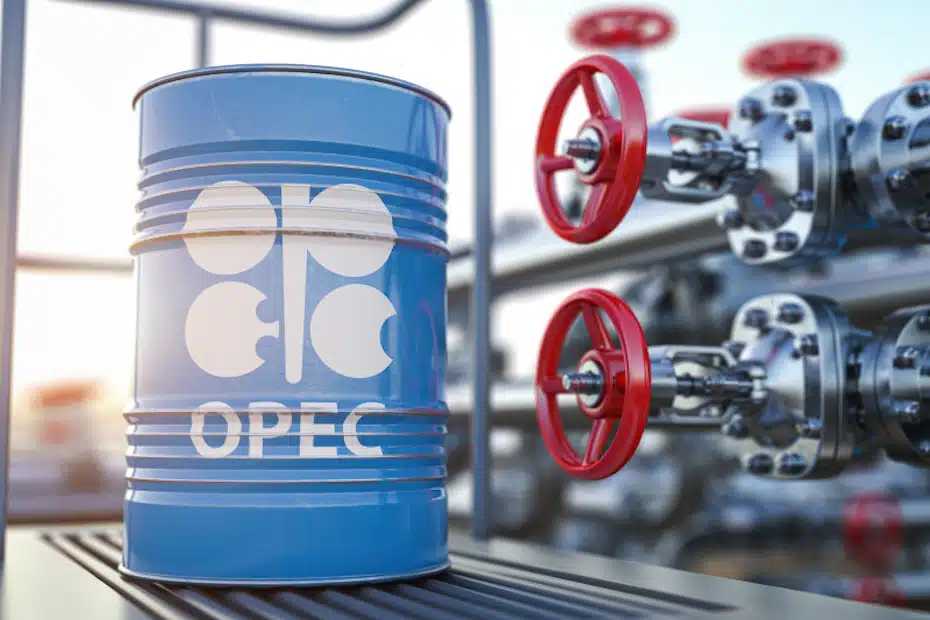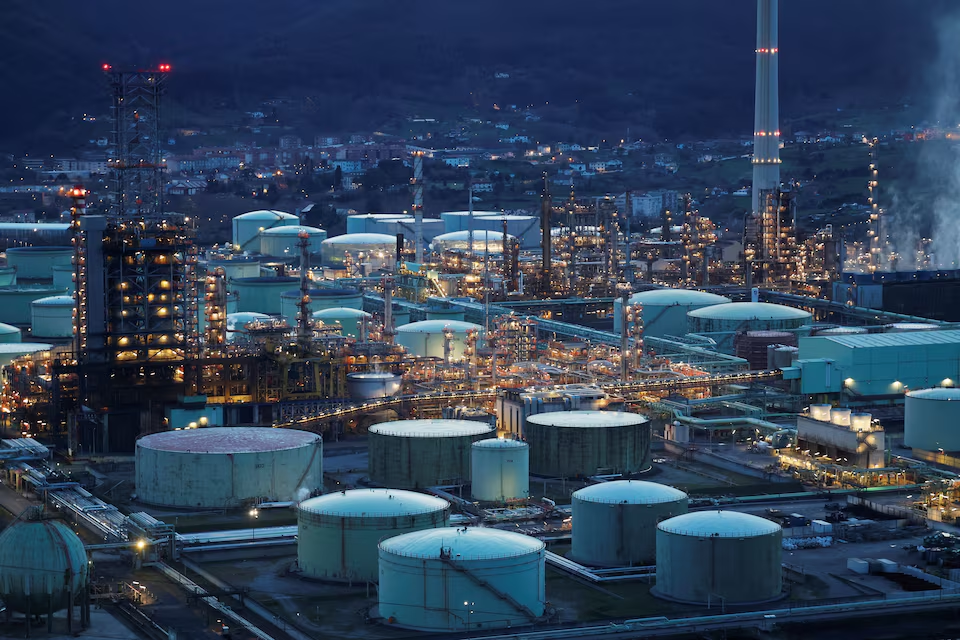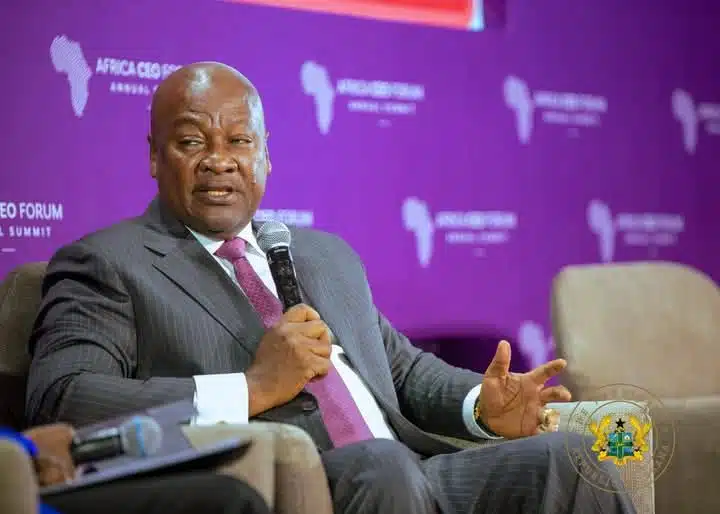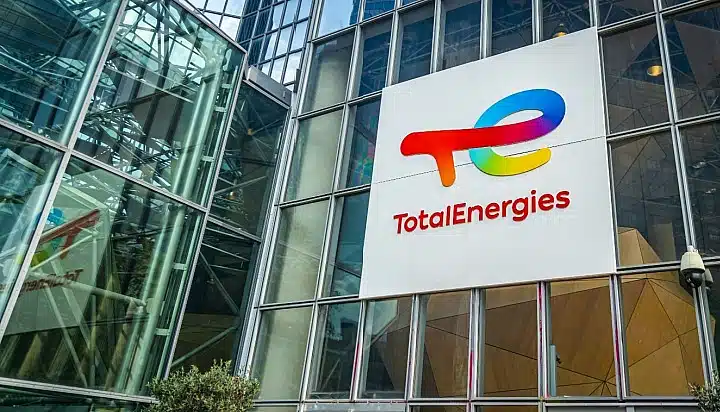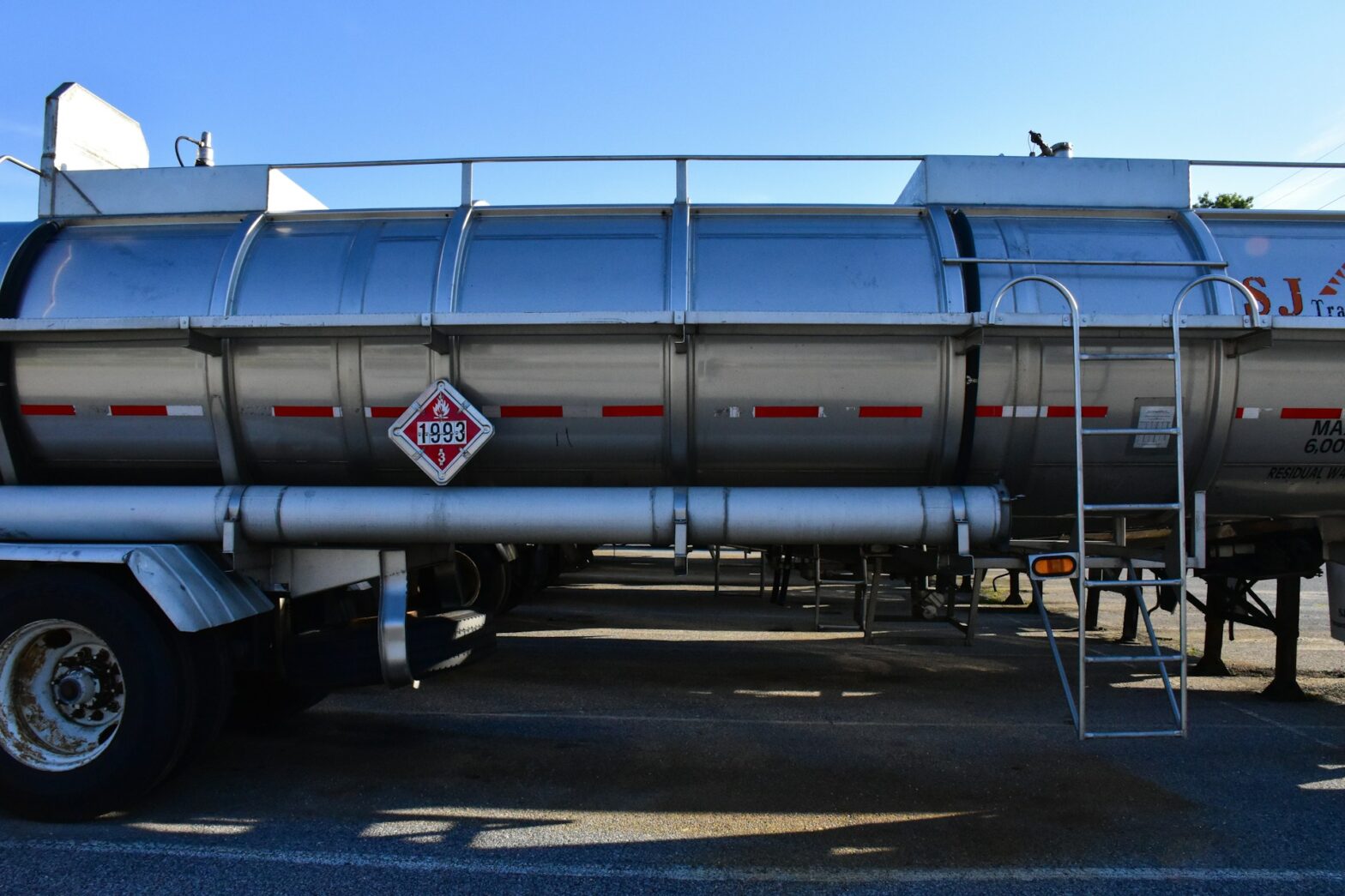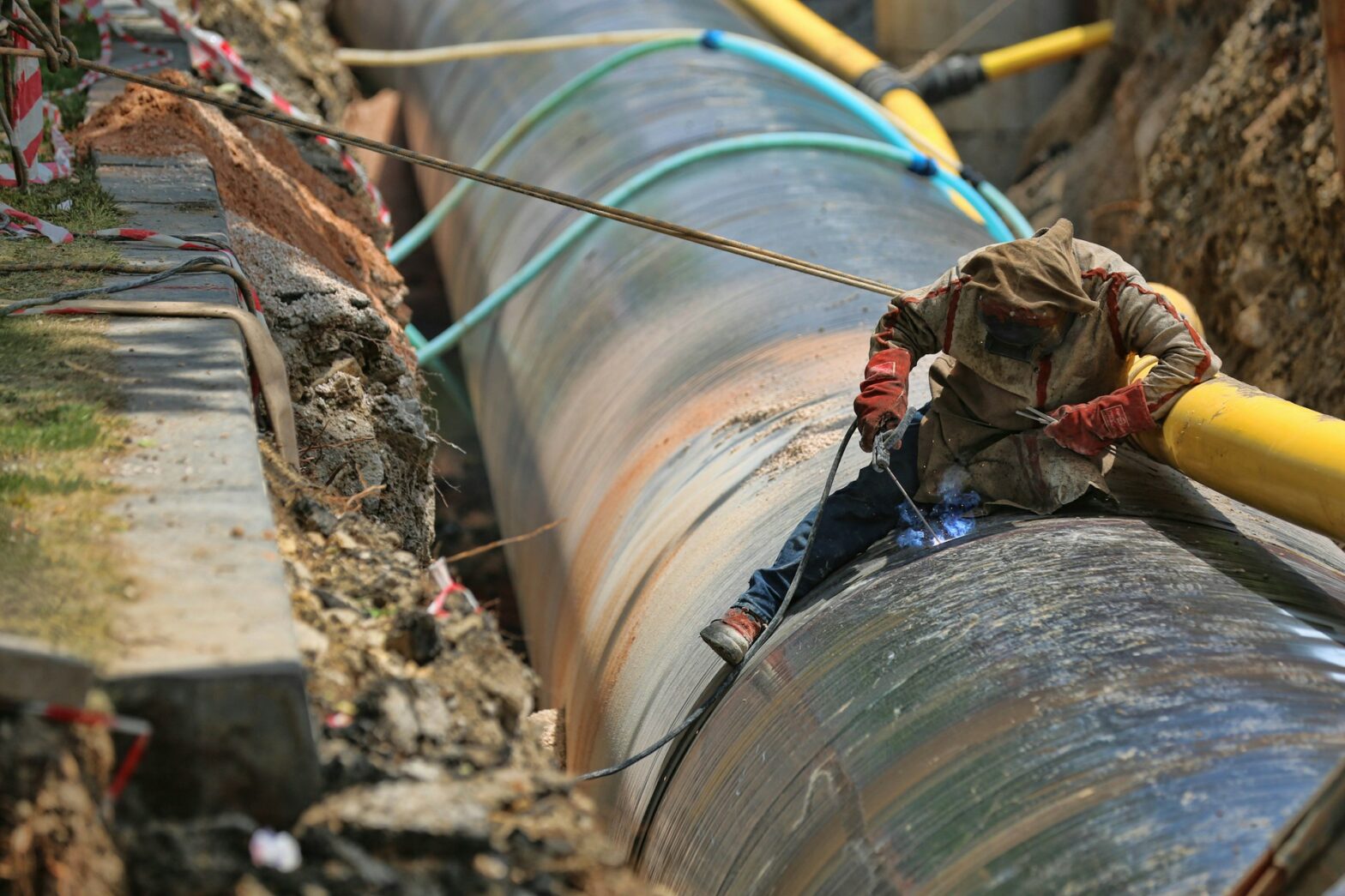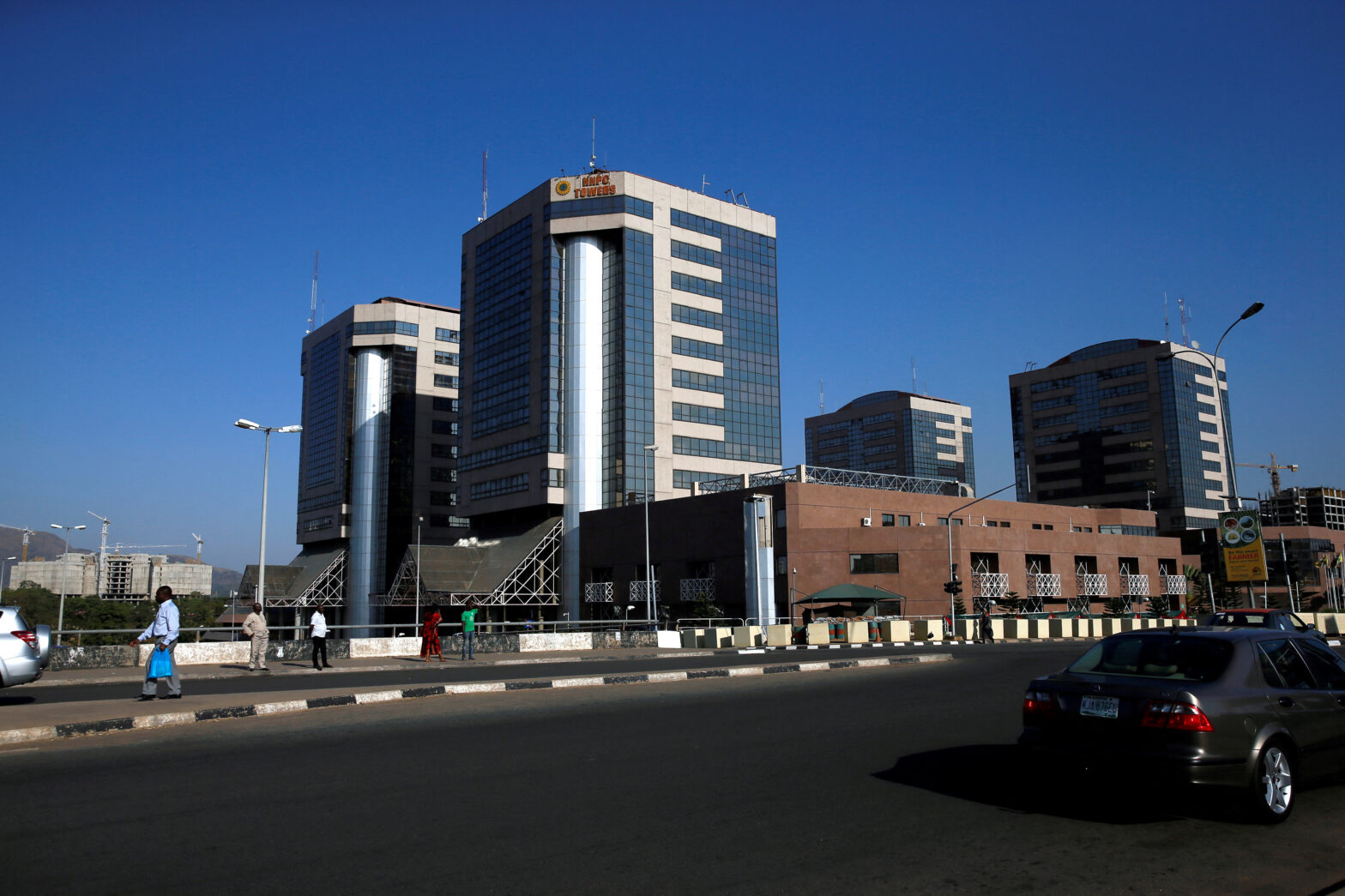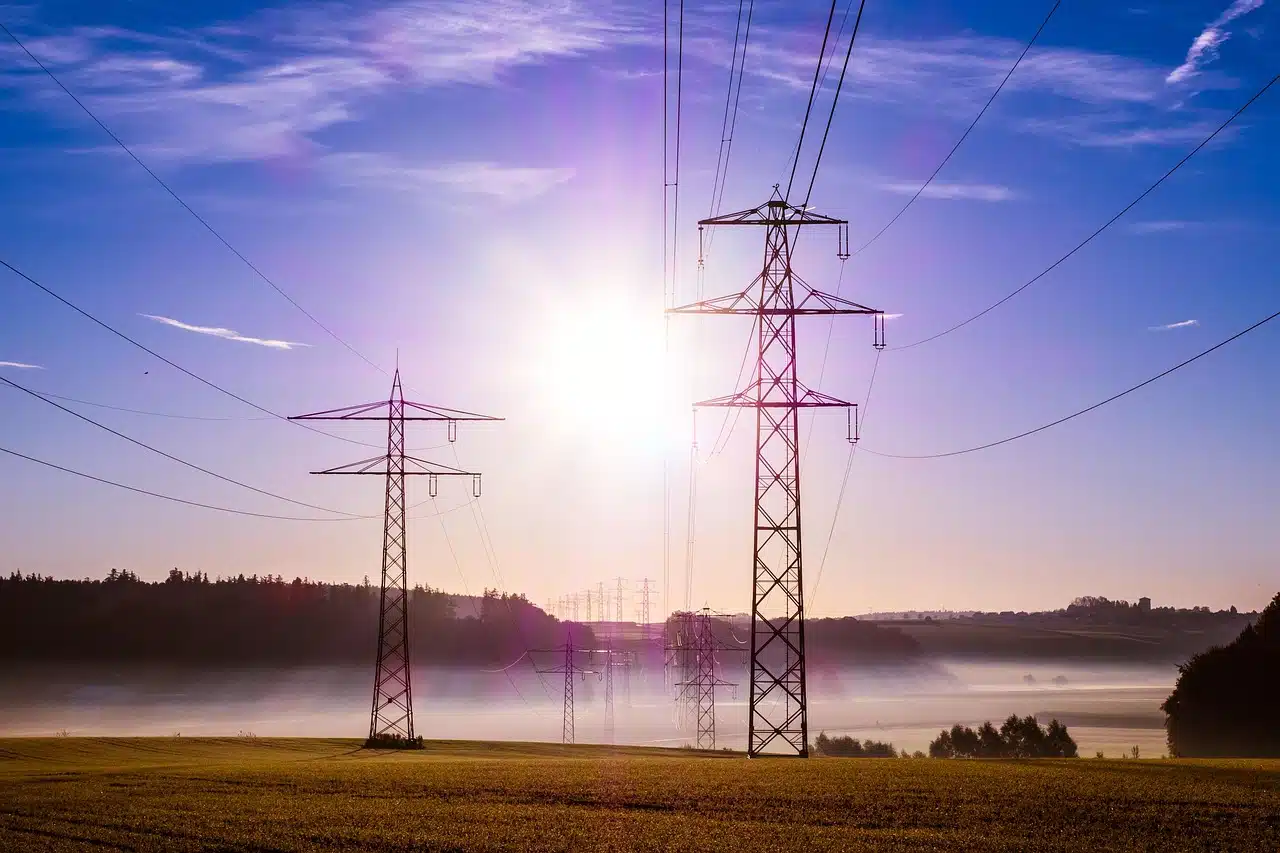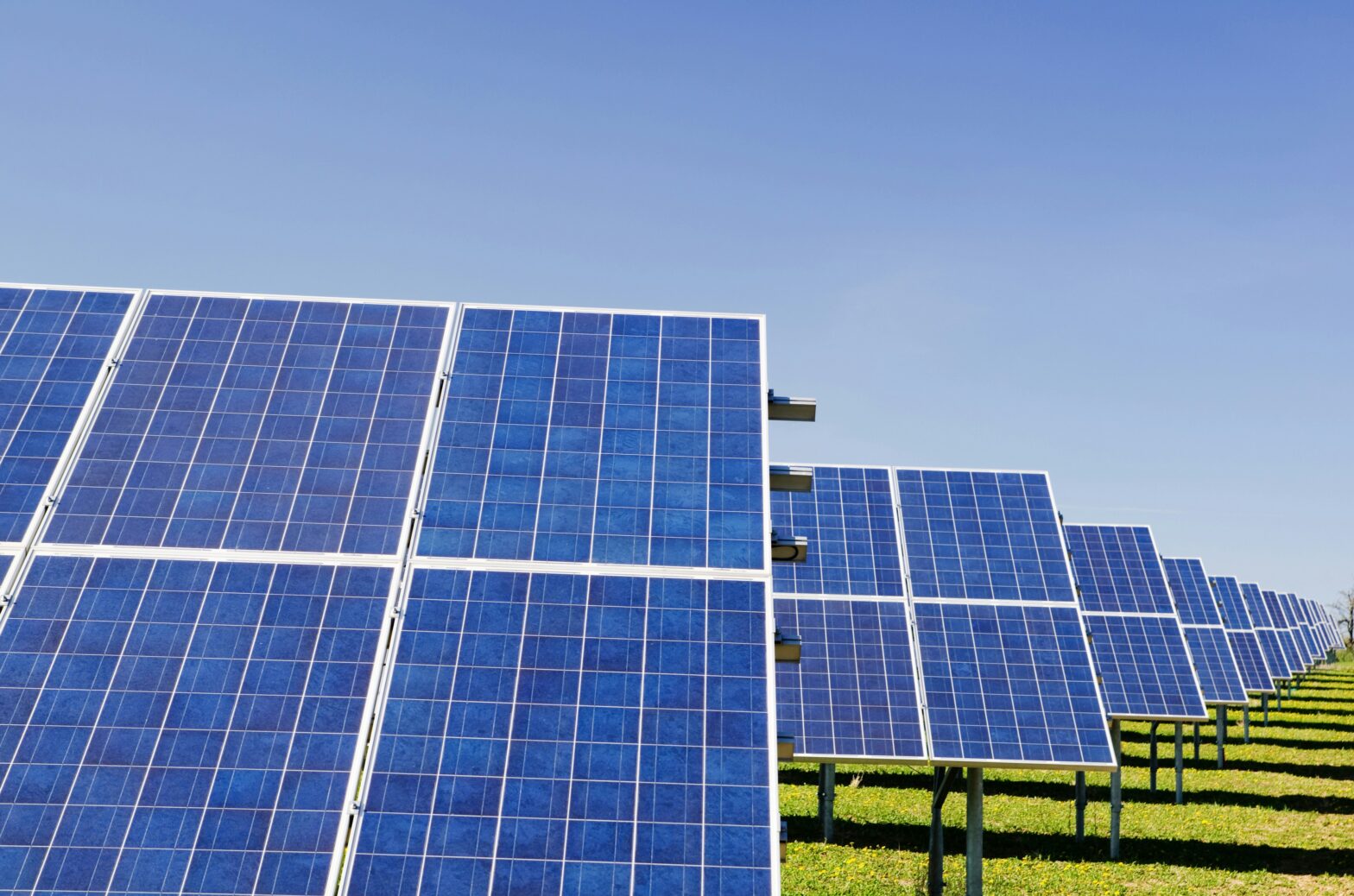In response to U.S. President Donald Trump’s recent call for reduced oil prices, key OPEC+ ministers are planning to meet to discuss potential adjustments to oil production.
Following this appeal, Saudi Energy Minister Prince Abdulaziz bin Salman on Monday met with Iraqi and Libyan energy ministers, Hayan Abdel-Ghani and Khalifa Abdulsadek, in Riyadh to deliberate on strategies for stabilizing global energy markets, the Saudi Press Agency (SPA) reported.
This meeting precedes the scheduled Joint Ministerial Monitoring Committee (JMMC) session of OPEC+ on February 3, 2025.
The discussion between the Saudi minister and his Libyan counterpart focused on:
“Strengthening joint efforts to support the stability of global energy markets” to serve their mutual interests, SPA reported.
He also discussed cooperation to achieve mutual interests with his Iraqi counterpart, SPA reported.
Saudi Arabia’s Economy Minister, Faisal al-Ibrahim, stressed the kingdom’s commitment to long-term market stability during the World Economic Forum in Davos, stating that his country and OPEC “are focused on achieving long-term oil market stability.”
President Trump, while addressing the Davos conference, urged Saudi Arabia and OPEC to lower oil prices, expressing concerns that high energy costs are exacerbating the Russia-Ukraine conflict.
OPEC+, led by Saudi Arabia and comprising the Organization of the Petroleum Exporting Countries and allied producers like Russia, had previously planned to increase oil output starting in April 2025.
However, the recent call by Trump has thrown the oil market into uncertainty, pressuring the members of OPEC+ to meet at all costs. As of now, the oil cartel has not officially responded to President Trump’s request.
Although OPEC+ has yet to offer an official response, five OPEC+ delegates said a meeting of the group’s top ministers on Feb. 3 is unlikely to adjust its current plan to start raising output from April.
The scheduled meeting on February 3 will feature a group of top ministers of OPEC which can recommend policy changes.
Although the return of Donald Trump to the White House has injected optimism into the global oil market, key players are cautious about its impact.
Analysts suggest that OPEC+ may be cautious in altering production levels solely based on external political pressures. A recent analysis by the Financial Times (FT) even argued that Trump’s economic reasoning and loose talk are largely ineffectual, creating more noise than substantial change.
OPEC+ members are currently holding back 5.86 million barrels per day of production, or about 5.7% of global demand, after agreeing to cut production in 2022 due to weaker-than-expected demand and the need to stabilise the market.
Over the years, OPEC+ has prioritised price moderation, maintaining a strategic approach to safeguard member nations’ revenues.
The upcoming JMMC meeting will be pivotal in determining OPEC+’s next course of action, leaving market players keenly watching for the outcome of the meeting.

